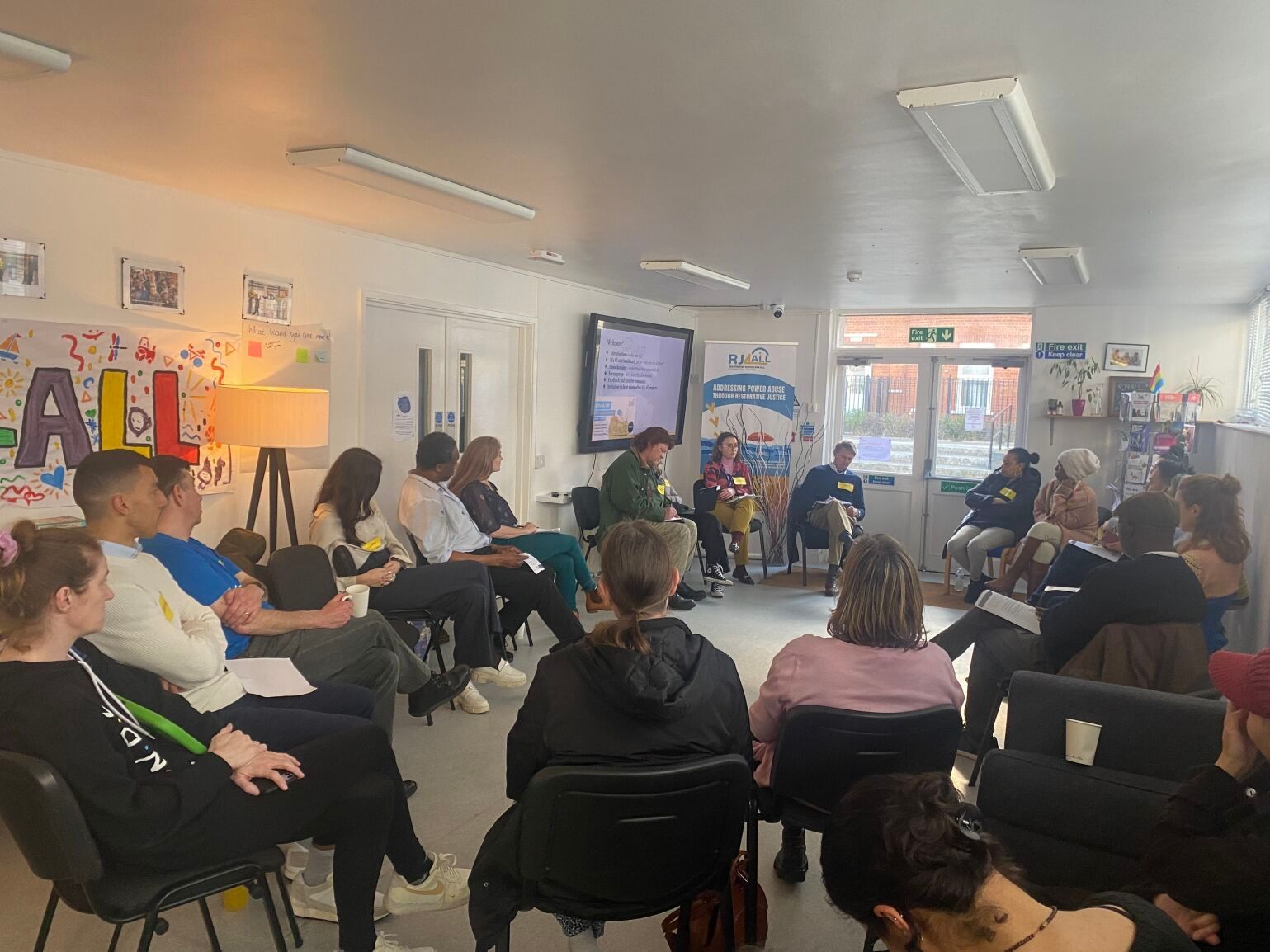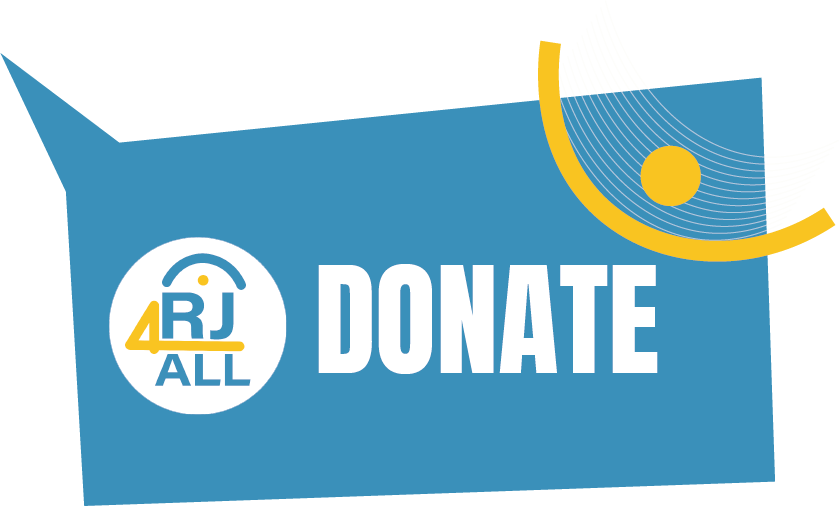Building the world's first restorative justice postcode
OUR
dream for our
community
Our vision of building the world's first restorative justice postcode
At RJ4All, we believe that power abuse is the biggest silent driver of inequalities, human rights violations and community tensions. We also have evidence to believe that trust in public services is declining and that a new social contract between communities and governments is needed. We want to root out greed and disseminate power in a more equal way. We know that we can do this by starting locally from our own neighbourhood in South East London. Using our post-code (SE16) and the values and principles of restorative justice, we set off on a journey to bring together those who hold local power and our local community to build the world's first restorative post-code.
What does a restorative justice postcode look like?
A restorative justice postcode will see local power being disseminated equally among the community, local government, key voluntary, community, private and public organisations. It will also see local services being delivered through the restorative justice values of power-sharing, equality, dignity, respect and involvement in decision making.
On paper, this means that these key stakeholders have signed up to a Restorative Justice Postcode Memorandum of Understanding, and ensure that their day-to-day practices are guided by it. In practice, this means that community members get to experience a more equal distribution of local power, while they start feeling that their voice is heard and included in decision-making processes that impact on them. Moreover, in a restorative justice postcode, community tensions and harm are not managed through adversarial routes. They are the focus of a restorative justice dialogue that gives power to all parties involved to have say, and collectively discuss solutions. We want cases impacting on community cohesion to be dealt with through restorative justice, and harm prevention measures to be guided by it. We want to see stronger and more meaningful connections between community members and local agencies, and stronger community voice.
What is RJ4All doing to build the first restorative justice postcode?
This is a long-term project, which formally started on the 1st of January 2023. It took us two years of preparation and a history of a total of 10 years of community work to get us to this starting date. We created four inter-linked arms to achieve this objective: the RJ4All International Institute, RJ4All Sports, the RJ4All Community Centre (in SE16 London), and RJ4All Publications.
Following the programme's launch,
the first step was to articulate and agree our vision in a collective and restorative way. We first did this internally at our Annual Away Day and subsequently launched our new
3 year strategy.
The second step was to formally launch our community crime prevention and control services. Over two years (2021-22), we worked hard to turn what used to be a run-down building into a vibrant community centre that is free and accessible to all.
From the RJ4All Centre, we now provide a holistic solution to local inequalities, community tensions, anti-social behaviour and poverty.
This holistic solution includes the following free services:
food bank and community fridge,
community gym and
community library, regular
youth clubs+ and workshops, internships and work placements, mental health services, fitness classes, conflict resolution practices (such as mediation and family group conferencing), a warm hub, free digital devises and mobile data, free internet, a safe place and
a charity shop. Above all, we offer a listening ear, friendship and compassion.
The third step
was the development of a Steering Group consisting of key decision makers such as local businesses, our local council, voluntary and community organisations, restorative justice practitioners and educational institutions. We are now implementing and measuring our vision!
How will we know that our vision has materialised?
From 1st January 2023, we started measuring the impact of our programme through a scientific research programme that includes quantitative as well as qualitative indicators. For example, we measure quantitatively our Centre's impact by logging every single user, identifying their postcode and basic demographics. Qualitatively, we carry out post and pre intervention interviews using The Warwick-Edinburgh Mental Wellbeing Scales - WEMWBS, focus groups, online and offline questionnaires and case studies. Our sample is revisited over regular time periods to assess changes in their attitudes, beliefs, skills, experience, knowledge and feelings. At the end of each year, we plan to produce a project impact report, while triangulating our findings through our standing Steering Group of key local decision makers.
What does success look like?
By the end of the 5 year project period:
- Community cohesion is improved through a more equal distribution of local power, and the implementation of the restorative justice values of power sharing, equality, dignity, respect and involvement in decision making.
- Poverty and disadvantage leading to community tensions and violence are reduced through a provision of a holistic, local offer (e.g. foodbank, physical and mental health services, education and volunteering).
- Recorded crime and anti-social behaviour are reduced through relationship building between local government, the community sector, housing providers, schools and criminal justice agencies as well as between state agents and community members.
- Hate attitudes are reduced through community-based approaches.
- Police and criminal justice case-load is increasingly diverted to community-based approaches such as restorative justice both prior and post prosecution.
- School conflicts and bullying are reduced through an increase in schools’ knowledge, skills and awareness of restorative justice and peer mediation.
- Residents’ conflicts, gender-based violence and youth crime are reduced starting from the estates surrounding our centre.
Is this just a local project and how does it link with other initiatives?
Our programme is linked with several policy initiatives such as the
Levelling Up the United Kingdom policy
(national) and the
Southwark 2030 strategic plan (local).
Moreover, we are working with multiple cities from around the world which are either underway or are thinking of becoming restorative. For example, we are working closely with the Vancouver based Peace of the Circle the host organisation of Restorative Collective Vancouver – an impressive team of diverse voices and wisdom from Indigenous-led organizations, service providers including for youth, seniors and women, LGBTQ2S+, Parks & Recreation, schools, policing, community corrections, business associations and more. The Restorative Collective is creating a framework for what a restorative city could be for Vancouver, and RJ4All is in support of this development.
In addition, we are working with the Colombian based United States Institute of Peace to increase awareness of our vision and project. For example, Dr. Gavrielides shared our case study at the 14-15 February restorative justice conference in Bogota supported by The Colombian Ministry of Justice, USIP, and the OAS (Organization of American States).
Quarterly Impact Reports
Our quarterly impact report series offers a thorough insight into:
- The Role and Contribution of RJ4All Steering Group: Highlights the vital contributions and activities of the RJ4All steering group, showcasing their pivotal role in guiding and shaping our initiatives.
- Updates About Project Development and Adjustment: Provides crucial updates on the progress, evolution, and any adjustments made to ongoing projects. This section ensures transparency and keeps stakeholders informed about the dynamic nature of our work.
- Feedbacks, Demands, and Hopes from Community Members: Presents valuable feedback received from community members, capturing their demands and hopes. This section serves as a direct channel for community input, ensuring our initiatives align with the needs and aspirations of those we serve.
These reports serve as invaluable resources for the RJ4All steering group, project development teams, and other stakeholders. By offering a comprehensive overview, they contribute to our mission of establishing the first Restorative Justice Postcode
Watch our founder's vision
Narrated by RJ4All's Founder and Director
Dr. Theo Gavrielides,
the video (5 minutes) articulates his vision of building the world's first restorative justice postcode
The Restorative Justice Postcode Steering Group
The Steering Group's primary function is to offer strategic support, guidance, and promotion to the SE16 Restorative Justice Postcode programme. Moreover, it will:
- Help develop and implement the Restorative Justice Memorandum of Understanding,
- Help develop and implement the project’s communication and dissemination strategy,
- Help recruit the project’s wider network and stakeholders,
- Provide critical and constructive feedback on (a) results and impact (b) project content and development,
- Help with project sustainability.
Currently, the group is composed of four external members: two local councillors and three representatives from national and local funding organisations, including StreetGame and Rotherhithe Consolidated Charities. The group is led by RJ4All Founder and Director Dr Theo Gavrielides.
We are seeking Steering Group members who can commit to attending quarterly meetings and dedicating a minimum of one hour per month to the project. Members are encouraged to contribute their unique skills, time, and networks. Please click the button below for a detailed role descriptions and to apply to join our mission.
Support our vision
Is this project funded?
Partially, yes. While many of the services that contribute to our holistic approach for building a restorative justice postcode are funded, the overall project, including its research, staffing, and indirect costs, is not fully covered. We are grateful to Rotherhithe Consolidated Charities for their financial support; however, there is still a significant room for additional backing. We invite anyone interested in further supporting this initiative, or simply making a donation, to follow the link on this page.
Restorative Justice Postcode Case Study
Read our brief case study about our vision and approaches to build the world's first restorative justice postcode in SE16

Want to know more?
Contact Us
We will get back to you as soon as possible.
Please try again later.
Restorative Justice for All International Institute (RJ4All)
The RJ4All Rotherhithe Community Centre, 30 Plough Way London SE16 2LJ, UK
admin@rj4all.org | +44(0)7708758600 or 07795678904



